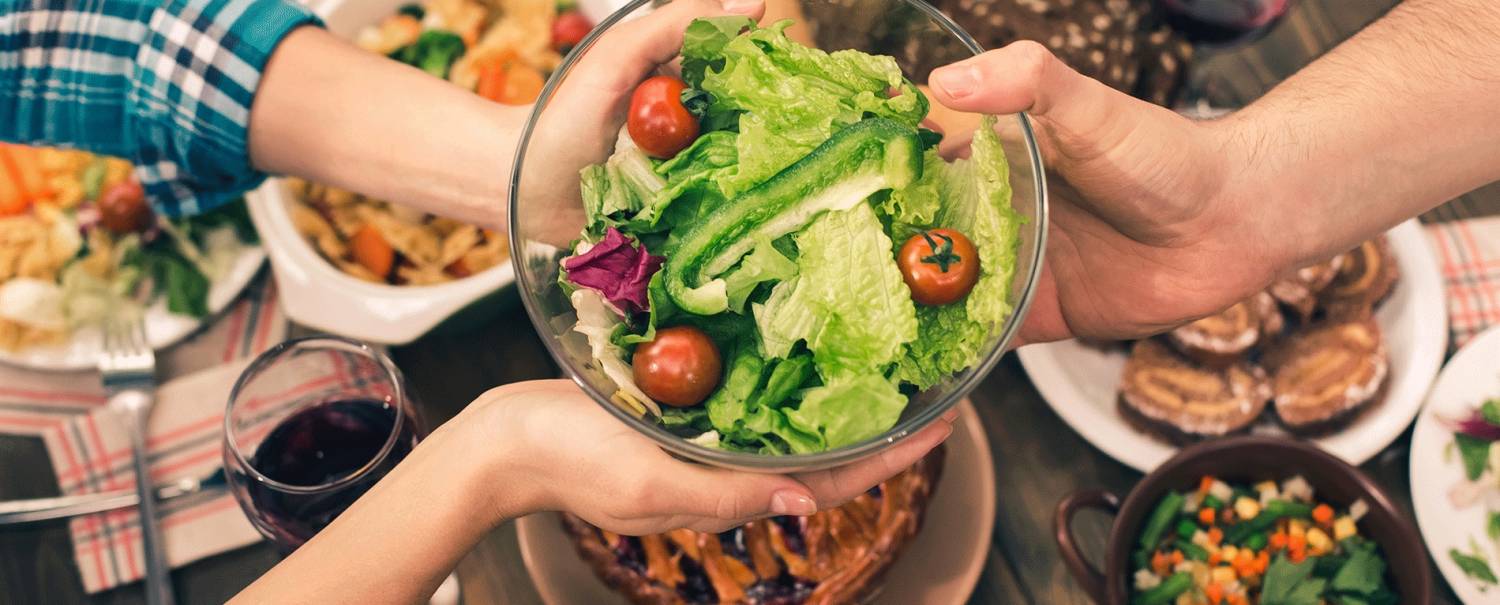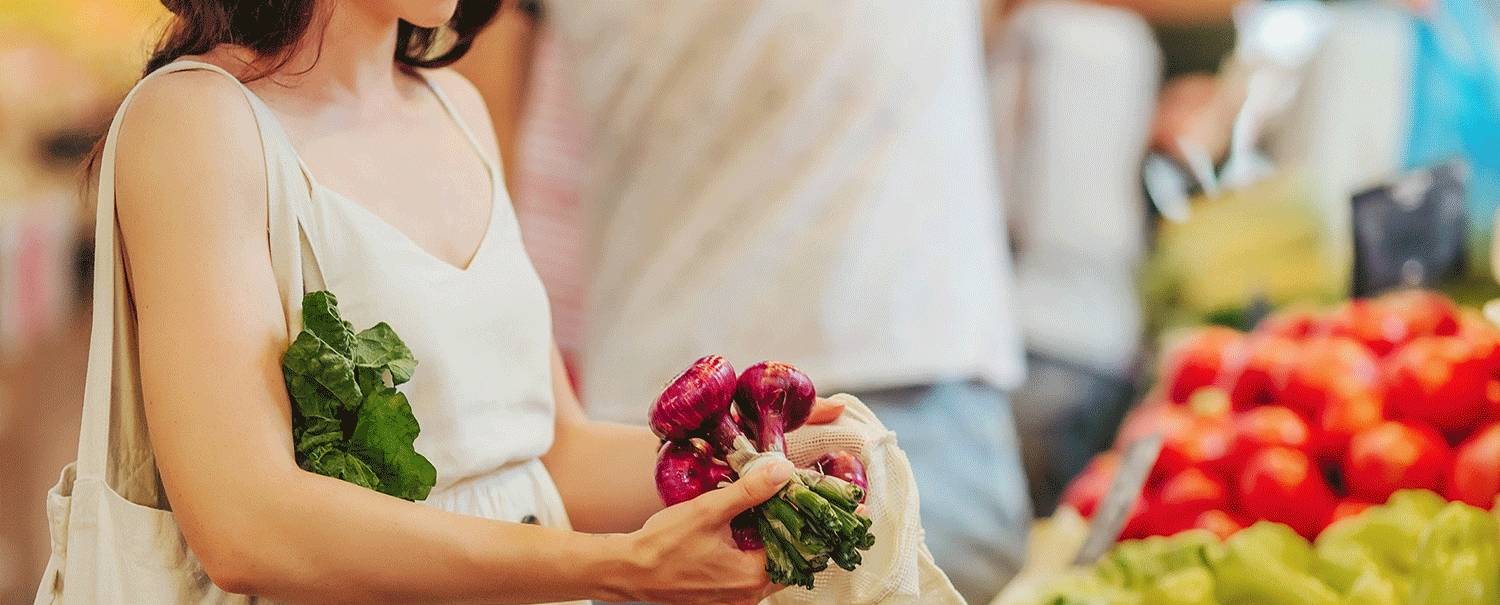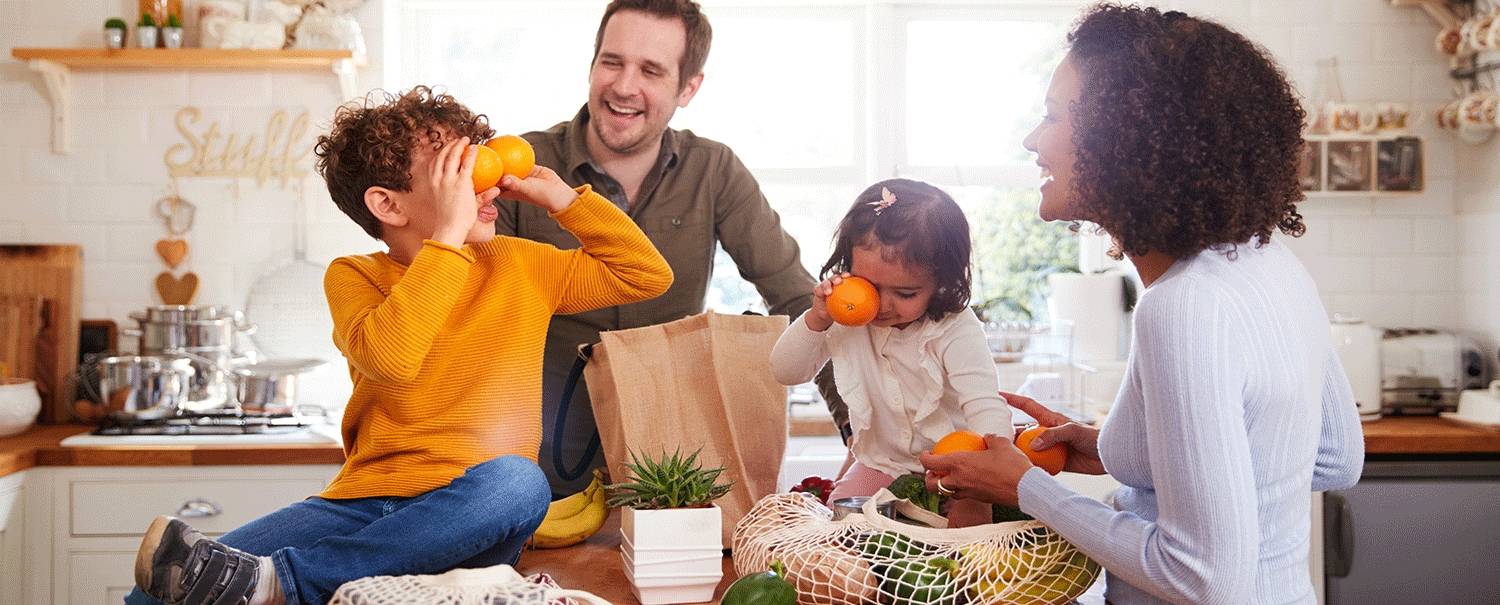The role of the consumer: definition, types and behavior
Intelligent, committed, experiential, sustainable, healthy and responsible
TOPIC OF THE MONTH
Share
The consumer has ceased to be just a buyer who must be satisfied and loyal, in a unidirectional way, they must be valued as a complete human being, who wants to participate with brands.
According to Approaching the Future 2019, we live in an era of transparency, enhanced by the accessibility of information offered by new technologies and communication channels. In recent years, the focus has been on the importance of maintaining stable and bidirectional relationships in which dialogue and active listening predominate.
We live in an era of transparency, enhanced by the accessibility of information offered by new technologies and communication channels.
Beyond the benefits
Social expectations towards companies and their leadership role are growing. According to the results of the barometer of confidence published in Approaching the Future 2019, 73% of citizens believe that companies can take specific actions which contribute to improving their benefits and, at the same time, the economic and social conditions of the communities in which they operate.
According to Havas Group's The Future of Trust study, 36% of respondents say that the fact that a company supports issues of concern would increase their confidence in that organisation.
It is observed how purchasing decisions seek a more enriching objective than the simple fact of acquiring material objects: today consumers want products and services which give them value and meaning.
These premises are derived from Havas Group's study, The Meaningful Shift, in which the concept of 'prosumers' appears, which comes from combining the words producer and consumer, and which refers to those people who, in addition to consuming a product, produce content about it, whether negative or positive. In addition, it reflects a growing trend: today, through their purchasing decisions, citizens want to support the change they want to see in the world.
Prosumers (producers+consumers) are people who, in addition to consuming a product, produce content about it, whether negative or positive.
In Spain up to 73% of consumers prefer to avoid purchasing certain products for ethical or sustainability reasons, according to a study by the OCU. Citizens are increasingly aware of the influence of their purchasing actions and decisions. In fact, 62% of consumers in Spain say that, through their consumption, they can change the world.
62% of consumers in Spain say that, through their consumption, they can change the world.
Committed companies
The new generations are an example of this new role of the consumer. According to Havas Group's The Future of Trust study, 49% of millennials believe that they have more influence in society as a consumer than as a voter.
This change in consumer habits implies that society requires new models of responsible production and distribution from companies. In this context, companies have to know how to adapt to this new reality. The cooperative model is, by its own philosophy, one of the best to respond to, since it is created to meet the needs of people and, by its own objectives and business structure, is more transversal and democratic.
What Consum does
Consum launched the Customer Relations and Innovation area in 2013 with the objective of actively listening to understand and provide solutions to customer needs and work together with them to improve products, services and business models. Since then, more than 100,000 partner-clients have collaborated with the Cooperative. From this joint work, the development of the ecological range was started in 2015, which each year is reviewed by a panel of 75 families to improve it. Each year, some 600 brand references are verified.
Some examples of improvement or product launches, thanks to the participation of the client-partners, have been: easy-open tinned tuna; novelties in atomisers and cleaning fluids; chocolate with 80% cocoa; the reformulation of products to reduce fats, salt and sugars, following the Naos Strategy; the expansion of the international range or the new winery section, among others.

Real food: ¿qué es?
Leer más
Real food: ¿qué es?









